On the afternoon of March 10, the National Assembly Standing Committee gave opinions on explaining, accepting, and revising the draft Law on Special Consumption Tax (amended).
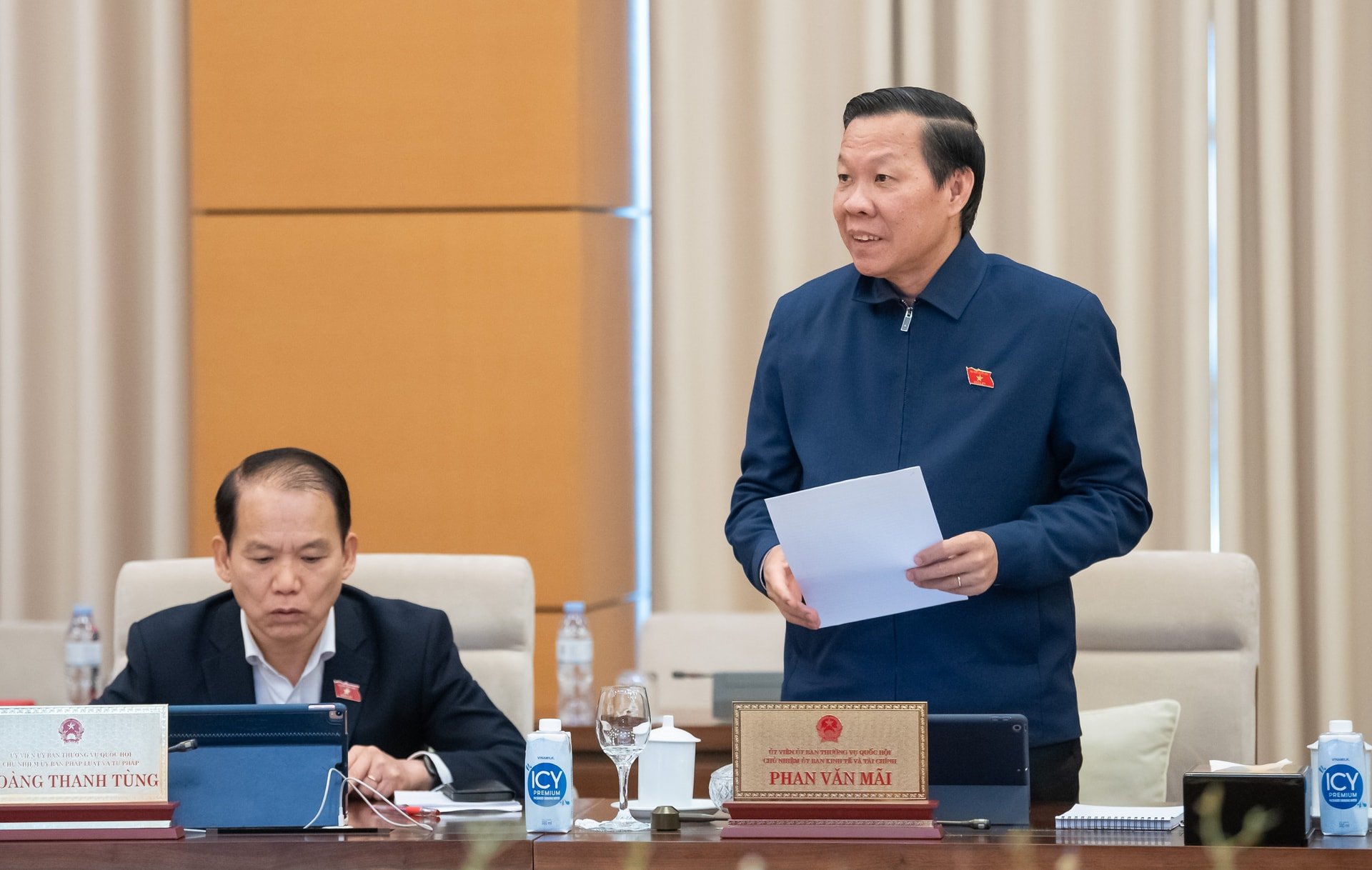
Reporting at the meeting, on tax rates and tax levels, Chairman of the National Assembly's Economic and Financial Committee Phan Van Mai said that for sugary soft drinks, some opinions suggested considering a higher tax rate. Some opinions suggested that there should be a roadmap for businesses to adjust their production and business plans.
According to Mr. Mai, the Standing Committee of the Economic and Financial Committee, sugary soft drinks are a new item proposed to be added to the taxable objects. The regulation of tax rates at a reasonable level is to gradually limit the use of products with high sugar content, and encourage businesses to produce soft drinks with low sugar content.
“Therefore, taking into account the opinions of National Assembly delegates, it is recommended to consider the option of postponing the tax imposition on this product by about 1-2 years compared to the expected deadline in the draft Law or applying it according to the roadmap,” Mr. Mai informed, sharing that this option still ensures the implementation of policy goals but is more flexible to create conditions for businesses to have time to adjust their production and business plans.
In addition, the drafting agency kept the draft Law because it believed that this was a new item proposed to be added to the taxable objects, and the 10% tax rate was reasonable to encourage businesses to produce soft drinks with low sugar content, as well as raise consumer awareness. After the implementation period, it will summarize and study proposals in accordance with international practice and experience.
Regarding pickup trucks, some opinions suggested considering the appropriate roadmap and increase; considering and clarifying the basis for proposing a tax rate of 60% for regular cars. According to the Standing Committee of the Economic and Financial Committee, according to current regulations, the special consumption tax policy for this type of car has been much more favorable than for other types of cars.
However, this is a type of vehicle with a 25-year usage period. If the special consumption tax rate as in the draft Law is applied, it may greatly affect the production and business activities of enterprises. Therefore, it is recommended to take into account the opinions of National Assembly delegates and consider the option of postponing the tax application by 1-2 years compared to the expected period in the draft Law or applying it according to a roadmap so that enterprises have time to adjust their production and business plans.
The drafting agency believes that a double-cabin cargo pickup truck with a permitted cargo weight of less than 950 kg is considered a passenger car and is allowed to participate in traffic and circulate in urban areas in terms of time and on lanes similar to a passenger car with 9 seats or less. At the same time, according to current regulations on fees and charges, the first registration fee for a double-cabin cargo pickup truck is 60% of the first registration fee for a passenger car with 9 seats or less.
To contribute to ensuring the use of cars for both passenger and cargo transport in accordance with design goals, limit traffic congestion, avoid taking advantage of policies and ensure fairness, consistency and synchronization between regulations on tax policies and fees, it is proposed to keep the draft Law.
Regarding tax rates for hybrid cars, there are opinions suggesting not to discriminate between hybrid cars and cars with separate charging systems. There are opinions suggesting that the tax rate for cars with external charging be reduced from 70% to 50% compared to cars with internal combustion engines. The current law stipulates a preferential tax rate to be applied to both internal and external charging cars. In practice, there are no problems. Therefore, the Standing Committee of the Economic and Financial Committee proposes to amend the draft Law in the direction of keeping it as the provisions of the current Law to avoid causing difficulties for businesses.
Accordingly, tax incentives are provided for vehicles running on gasoline combined with electric power if they meet the condition that the proportion of gasoline used does not exceed 70% of the energy used. The drafting agency proposed to keep the draft Law as it believes that vehicles running on gasoline combined with electric power without a separate charging system (HEV) are gasoline-powered vehicles that affect the environment, not "gasoline-powered vehicles combined with electric power" so they are not subject to preferential tax rates.
The Standing Committee of the Economic and Financial Committee will continue to coordinate with the Drafting Agency to clarify the current regulations being applied in practice to gasoline-electric vehicles, with and without separate charging systems, and clarify policy objectives to jointly determine options for completing the draft Law.
Source: https://daidoanket.vn/can-nhac-lui-thoi-diem-ap-thue-doi-voi-nuoc-giai-khat-co-duong-xe-pick-up-10301274.html












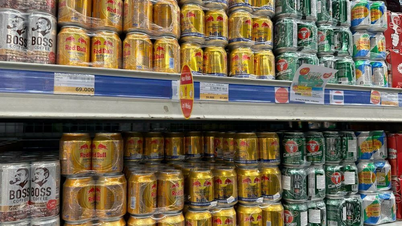









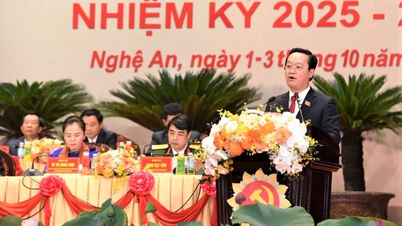

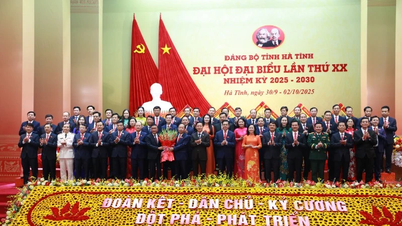

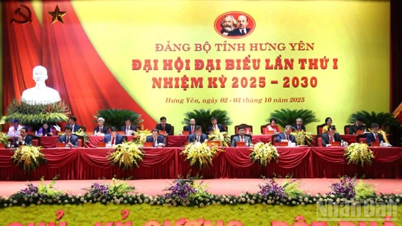






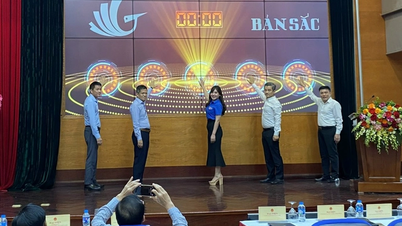



























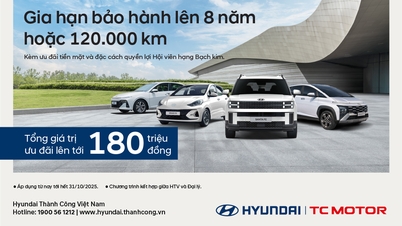







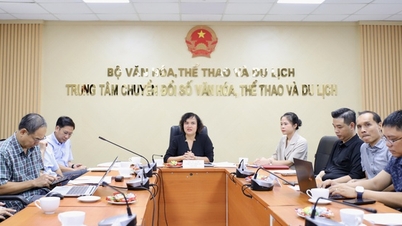
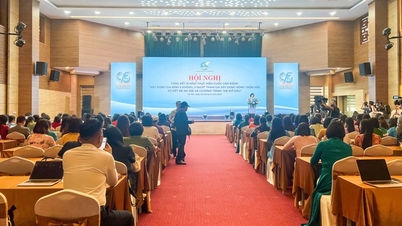
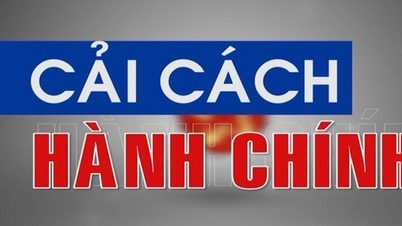



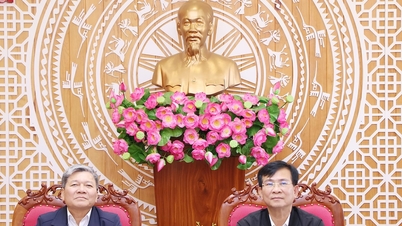







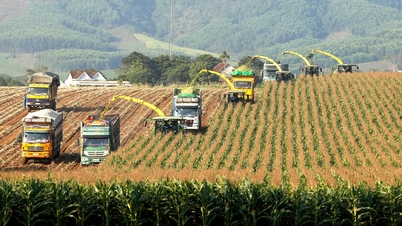

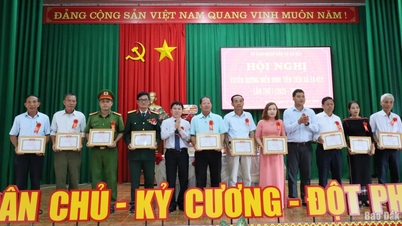












Comment (0)